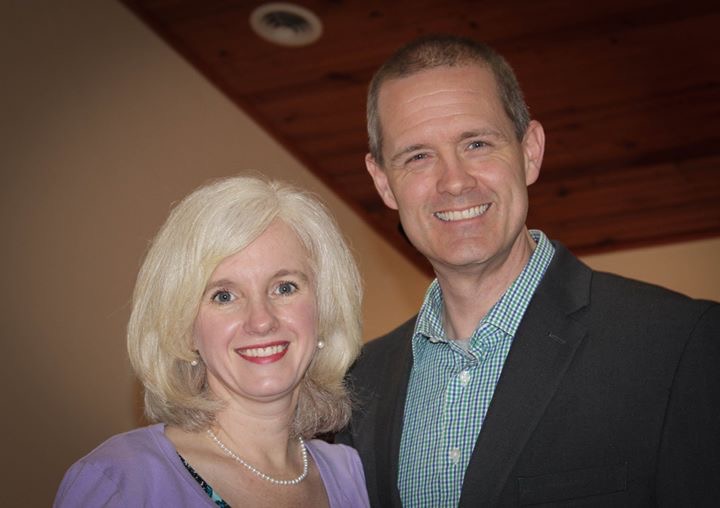The Gospel says you have nothing good in you, and you are in need of a savior. That simply is not compatible with legalism.
Today we see how God took Legalism and turned it on its head. (Acts 16:1-5)
In this we see that Grace is greater than Legalism. But How did Paul do it? How did Paul overcome the Legalistic spirit of the day? (How will we overcome legalism today.)
To overcome legalism, Paul:
Made Disciples. (vv.1-2)
- Timothy was actually already a disciple of Christ.
- First things first, Paul made new friends.
- He accepted Timothy despite his different background.
- He made a priority of developing the new leader.
- We are always looking to reproduce.
- Paul sought out a leader to take with him. – Timothy-
- Timothy would go on to pastor the church in Ephesus.
- So here is the question for you.
- What do you do for the kingdom of God?
- Are you good at it?
- Are you teaching someone else to do it?
- We are always looking to reproduce. The more of us who can do what we do, the better.
(Paul shows us that) Motive Matters. (v.3)
- Why this outward obedience to the law when they had just gone through such an ordeal about the law and grace?
- Because they knew their audience.
- The Jews would not have given Timothy a hearing if he had not been circumcised.
- As Paul says in 1 Corinthians 9:22….
- Our lesson is that we do what is needed to share the life and death message of the gospel.
- Because they knew their audience.
- This is not a matter of legalism, but a matter of the heart.
- Timothy was circumcised to reach the Jews, not to earn his salvation nor to attain a better possession with God.
- Your Motive Matters but motive does not excuse sin.
- Motive does determine if you are seeking your kingdom of Gods’.
- In 1 Samuel 16:7 we are reminded that The Lord judges not the outward appearance, but the heart.
- What is in your heart? What motivates you to do what you do? What drives you?
- Is it a love for God, or for your own recognition?
- Most of us will answer that question correctly on the surface, but it takes an amazingly honest heart to look at your own life and admit the amount of time you spend seeking your own glory.
- It is a matter of true humility and amazement that the God of all creation loves you.
- None of us deserve His mercy or salvation. But by His grace, he gives it anyway.
- Motive matters, and God judges the Heart.
- Timothy was circumcised as a grown man, in order to take the message of salvation by faith in Christ alone to others.
- That was a selfless act, a gracious act.
- Do you act in His Grace?
(delivers a) Powerful Message. (vv.4-5)
- We need to recognize that our actions can add to or take away from the obstacles that people have to the faith.
- Paul and Timothy worked to remove obstacles. Not add to them.
- That is important to Jesus.
- Look how he reprimanded the Pharisees in Matthew 23:2-4
- We are to help people follow Jesus, not make it harder.
- The message of Grace makes the church stronger.
- The church is stronger with Grace as its motivating factor than with Legalism as its motivating factor.
- Each of us have a natural tendency to be legalistic. We want to draw lines that are not real in grace or in our culture.
- We have a list of expectations. Not a written list, but its that unwritten list of expectations. (note, this will hurt. But we need to see our legalistic tendencies. If you hear one that you relate with, understand, you may have a biblical point with your point of view. But we are not called to enforce these things on one another. Rather we are called to love people and call them to Christ regardless.)
- We can be legalistic about our clothes, about our music, about who teaches when, about our views on divorce and things outside the church involving alcohol, tattoos, and even things like our work load and work place.
- These things have the potential to be hurtful to God, but we serve a God who is gracious and forgiving and we need to reflect that grace in our own lives.
- The church grows when we practice grace.
- This is not a call to a life with no principles, But a call to a life with a single principle.
- Love the Lord your God with all your Heart, Soul, Mind and Strength, and love your neighbor as yourself.
- When Grace gets inside you, it finds it’s way into all you say and do.
- When Jesus is in your life, He is your Joy.
- Romans 15:13
- This is not a call to a life with no principles, But a call to a life with a single principle.
